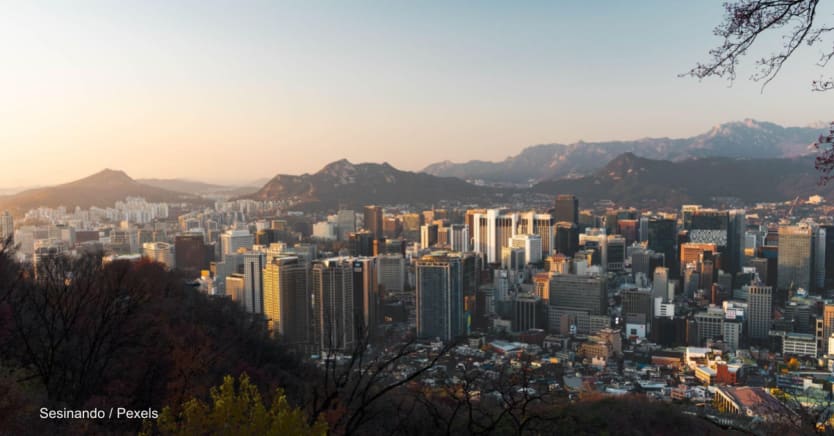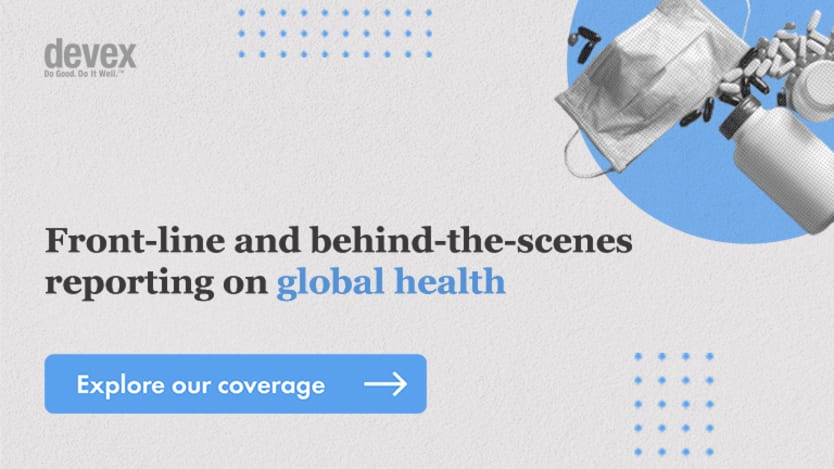
South Korea will serve as host to a new global biomanufacturing training hub that will support low- and middle-income countries wishing to produce biologicals, such as vaccines, insulin, monoclonal antibodies and cancer treatments, the World Health Organization announced Wednesday.
The hub will be located in a large facility outside Seoul, South Korea’s capital, that’s already providing biomanufacturing training for companies based there. It will provide “technical and hands-on training on operational and good manufacturing practice requirements and will complement specific trainings developed by the mRNA vaccine technology transfer hub in South Africa,” according to a news release.
The must-read weekly newsletter for exclusive global health news and insider insights.
The WHO Academy, meanwhile, will be working with Korea’s Ministry of Health and Welfare to develop a “comprehensive curriculum on general biomanufacturing.” Korea plans to start training 370 professionals from Asia, Africa, and South America in July.
WHO is also “intensifying” the strengthening of regulatory systems through its Global Benchmarking Tool, and aims to build a network of regional centers of excellence that will guide countries with weak regulatory systems.
WHO Director-General Dr. Tedros Adhanom Ghebreyesus said lack of a skilled workforce and weak regulatory systems are among the key barriers to successful technology transfers in low- and middle-income countries.
“Building those skills will ensure that they can manufacture the health products they need at a good quality standard so that they no longer have to wait at the end of the queue,” he said.
Meanwhile, WHO also announced five more countries to receive support from the global messenger RNA technology transfer hub in South Africa to produce mRNA vaccines. They include Bangladesh, Indonesia, Pakistan, Serbia, and Vietnam.
Just last week, WHO announced the first six countries in Africa to receive support from the hub to produce mRNA vaccines. They include Egypt, Kenya, Nigeria, Senegal, South Africa, and Tunisia. Argentina and Brazil, meanwhile, are the first countries from Latin America to receive support from the hub. The mRNA technology transfer hub has also received multiple requests from companies in India and China, and WHO said it is working with the national governments to identify "what they would like us to be supporting within the [countries]."
WHO said it will “enter into discussions with other interested countries and other mRNA technology recipients will be announced in the coming months.”









